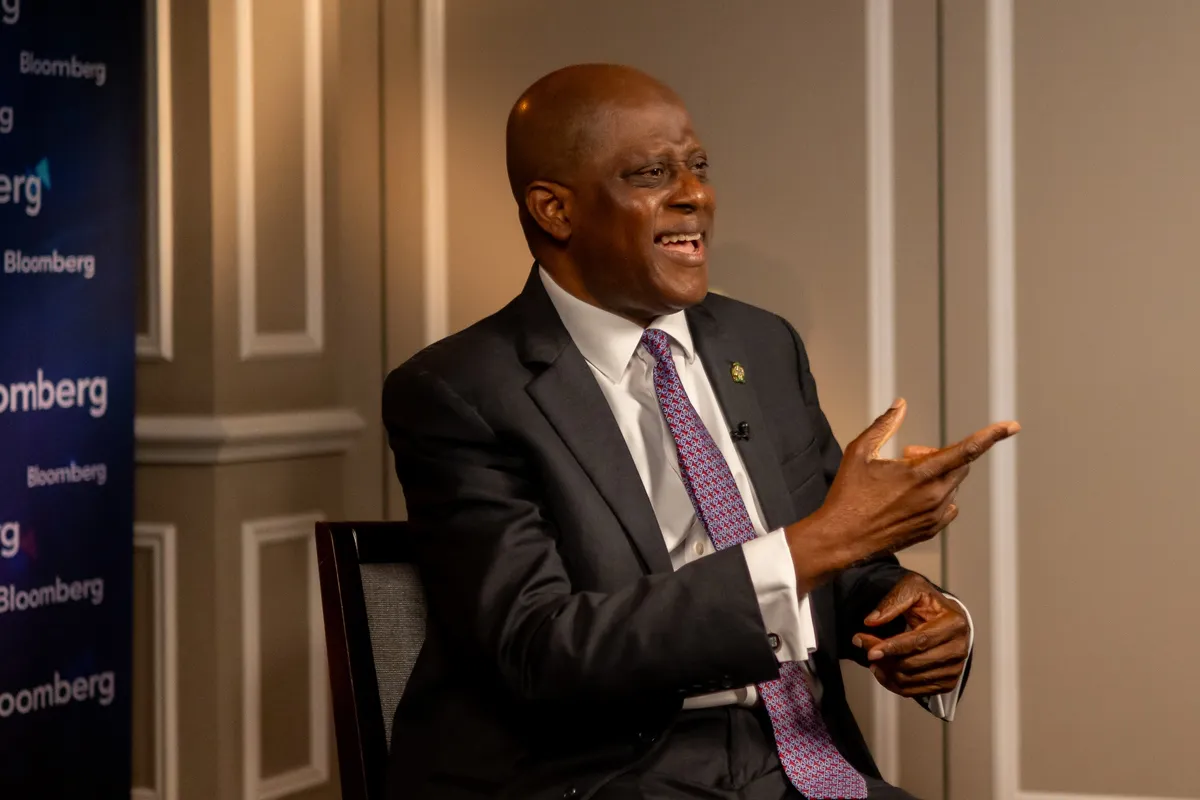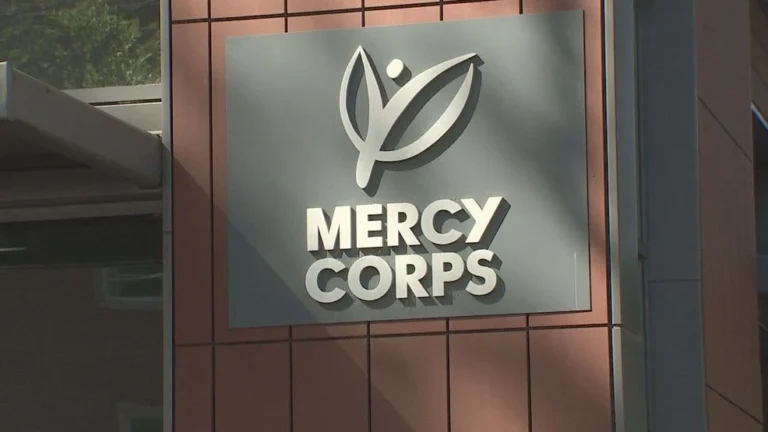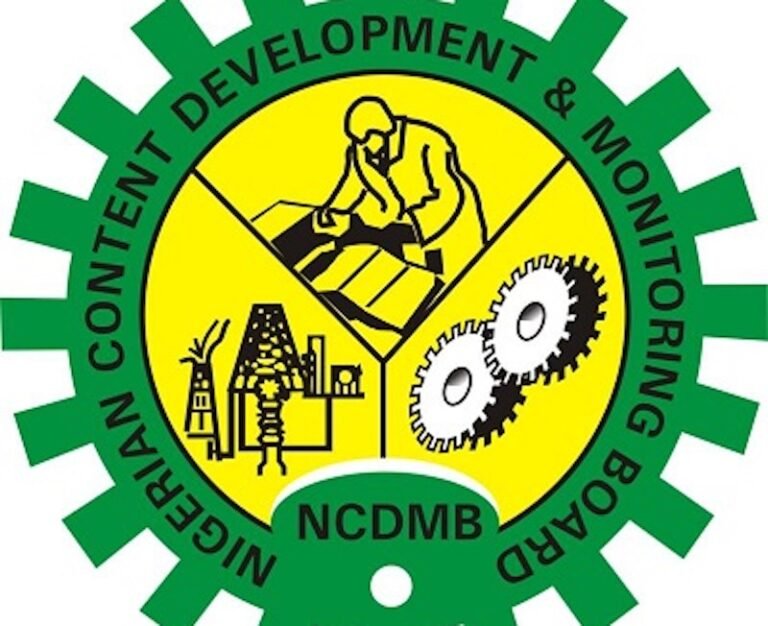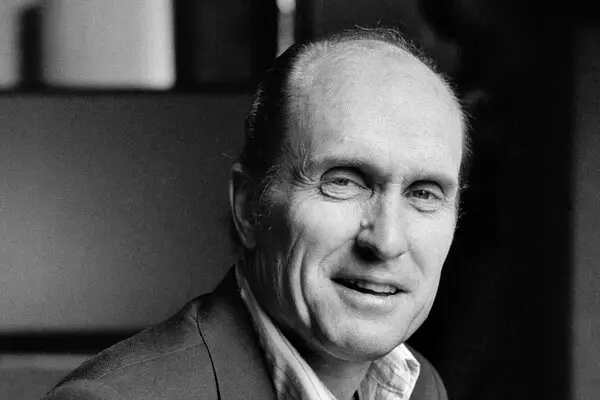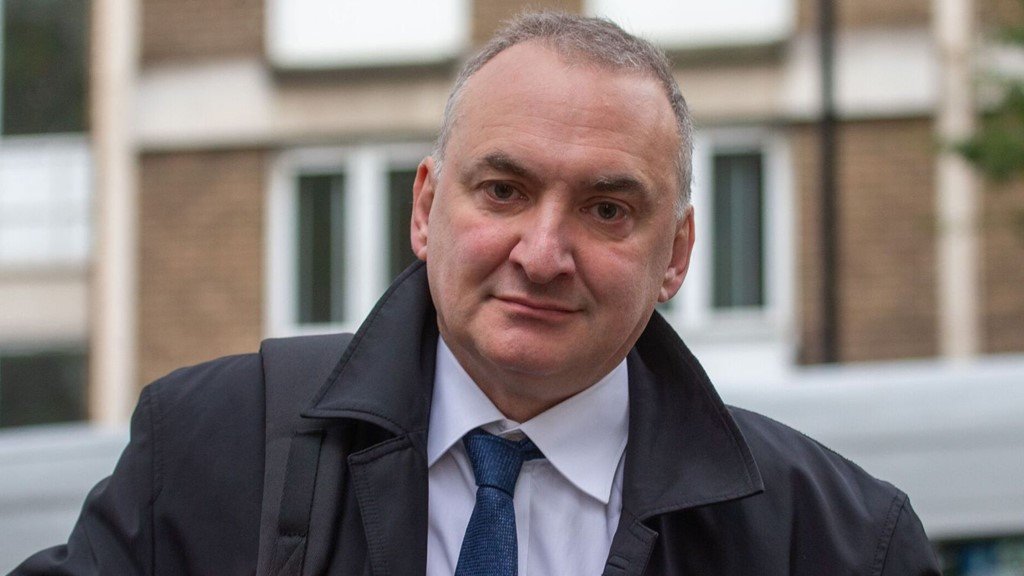The the Central Bank of Nigeria’s (CBN) Monetary Policy Committee (MPC) has lowered benchmark interest rate by 50 basis points to 27% from 27.5%, marking the first cut this year.
Governor Olayemi Cardoso announced the decision Tuesday during the Monetary Policy Committee’s 302nd meeting in Abuja.
Cardoso said the decision was anchored on five straight months of disinflation and a more stable macroeconomic environment.
The MPC’s decision were:
- Reduce the monetary policy rate MPR by 50 basis points, to 27%.
- Adjust the standing facilities, narrowing the asymmetric corridor around the MPR to +250/-250 basis points, from previous +500/-100.
- Adjust the Cash Reserve Requirement (CRR) for commercial banks to 45%, retaining that of merchant banks at 16%,
- Introduce a new 75% CRR on non-TSA public sector deposits.
- Keep the liquidity ratio unchanged at 30%.
The MPC credited monetary tightening, improved capital inflows, and exchange rate stability for anchoring prices, while forecasting further disinflation as harvest season boosts food availability.
Nigeria’s headline inflation slowed to 20.12% in August 2025 from 21.88% in July, the lowest in five months.
Month-on-month inflation also moderated sharply to 0.74% from 1.99%, while food inflation eased to 31.87% from 32.74%, reflecting increased food supply and stable exchange rates.
Core inflation dipped to 20.33% in August from 21.33% in July, supported by lower housing, utilities, transport, and logistics costs.
The MPC said higher oil output should further boost external buffers, which climbed to $43.05 billion as of September 11 from $40.51 billion in July, offering 8.28 months of import cover.
Nigeria’s current account surplus widened to $5.28 billion in Q2 from $2.85 billion in Q1, reinforcing the country’s external position.
Nigeria’s economy expanded by 4.23% in Q2 2025, up from 3.13% in Q1, driven largely by a strong rebound in oil production.
The oil sector grew by 20.46% year-on-year compared with 1.87% in the previous quarter, helping to stabilize foreign exchange inflows and strengthen reserves.
Despite easing inflation, the MPC flagged risks from excess liquidity in the banking system, driven by fiscal releases from stronger government revenues.
To address this, the committee widened the standing facilities corridor and introduced the 75% CRR on non-TSA public sector deposits, aimed at curbing liquidity surpluses and strengthening monetary transmission.
The committee noted that Nigeria’s banking sector remains resilient, with most financial soundness indicators within regulatory benchmarks.
According to Cardoso, Fourteen banks have already met the new recapitalization requirements, while the pandemic-era forbearance measures has been terminated improving transparency, risk management, and long-term stability.
The MPC highlighted global risks including geopolitical tensions, supply chain disruptions, and slower disinflation in advanced economies.
It noted that while global output is improving due to favorable trade negotiations and monetary easing, uncertainty continues to weigh on emerging markets.
The MPC reaffirmed its commitment to a data-driven policy stance, balancing inflation control with the need to support economic recovery.
The next MPC meeting has been scheduled for November 24th and 25th.


